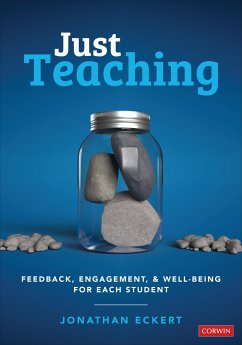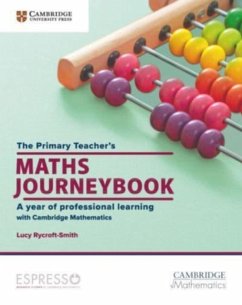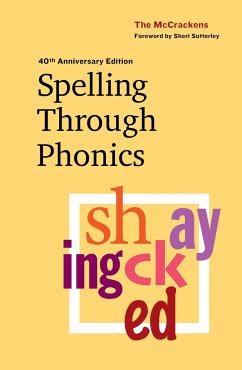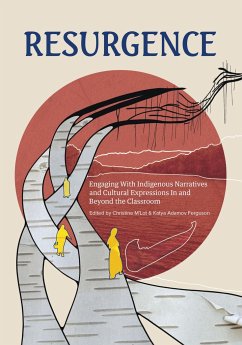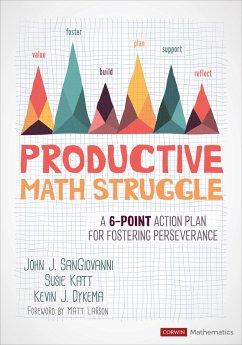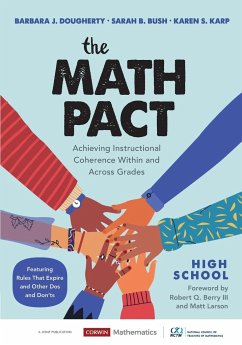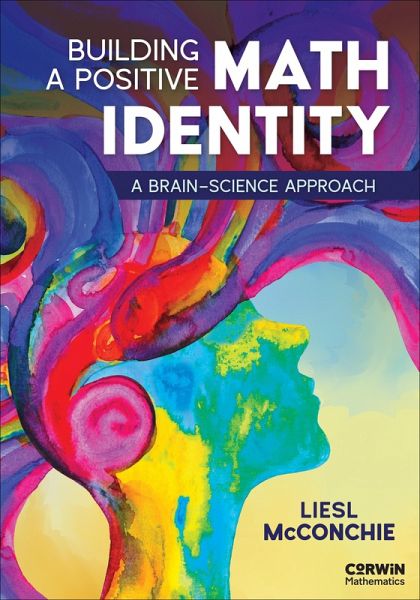
Building a Positive Math Identity
A Brain-Science Approach
Versandkostenfrei!
Versandfertig in über 4 Wochen
37,99 €
inkl. MwSt.

PAYBACK Punkte
19 °P sammeln!
When brain science meets math success Emotions drive learning. This is an essential component of understanding how a student's math identity is closely connected to their math success. How a student sees themselves in relation to math is dynamically constructed in their brain and is constantly changing. Every learner deserves to exist in harmony with mathematics. This book shows you how to make that mantra a reality for all students. Liesl McConchie offers an exciting new perspective on math identity through her extensive research on how the brain learns. Liesl walks readers through cognitive ...
When brain science meets math success Emotions drive learning. This is an essential component of understanding how a student's math identity is closely connected to their math success. How a student sees themselves in relation to math is dynamically constructed in their brain and is constantly changing. Every learner deserves to exist in harmony with mathematics. This book shows you how to make that mantra a reality for all students. Liesl McConchie offers an exciting new perspective on math identity through her extensive research on how the brain learns. Liesl walks readers through cognitive neuroscience in a humorous and friendly way, using metaphors and everyday stories to explain how emotions and cognition interact. She offers engaging and simple brain-based strategies and activities to implement in the classroom. In Building a Positive Math Identity: A Brain Science Approach, Liesl * Translates complex brain science principles for educators in an accessible and engaging way * Provides practical exercises and lessons that you can use in classroom right away * Shares real-world stories that provide deeper insight into how math identity is shaped over the years * Offers activities to help teachers gain insight into the math identities of our students * Guides teachers to explore our own math identity and the impact it can have on our students Most important, the book pushes back on the prevailing message about math identity that tends to focus on student efficacy alone. This approach puts the burden on the individual, which can lead to additional oppression of those who have been most marginalized in math. Here's our opportunity as educators to reexamine what it means to have a positive math identity--and to learn to use brain-based tools to build on a positive math identity for our students from the earliest ages.



